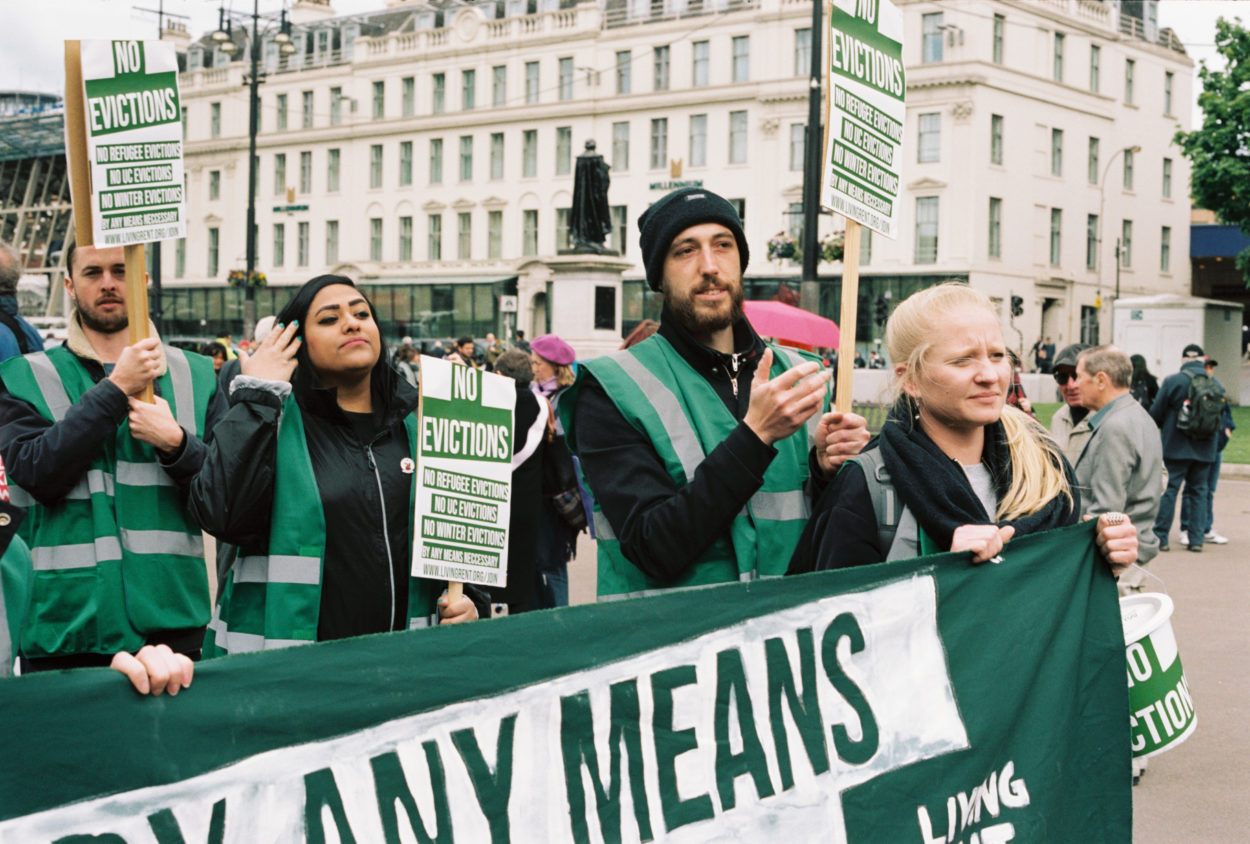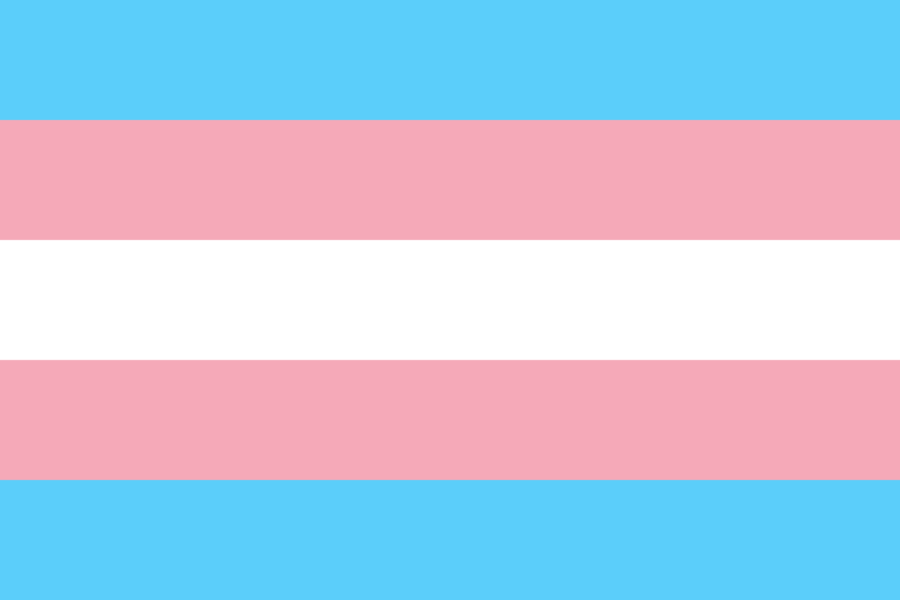Living Rent was founded in 2014, as part of ACORN International, and is a mass-membership tenants union serving communities all over Scotland within the private and social rented sector. I was really excited to interview Meg Bishop, the organisation’s national secretary who addresses grassroots activism, organising and housing as integral parts of the feminist struggle.

An Interview with Living Rent’s Meg Bishop
How did you first get involved with unions, and Living Rent in particular?
Living Rent is actually my first experience of organising. I didn’t grow up in a household that was particularly politically engaged. It was at university that I began to understand how the housing struggles I’d faced in my life were not individualised, and instead part of a wider system that puts profit ahead of our right to a decent, secure, and affordable home. In the final year of my undergrad degree, I attended a seminar hosted by Living Rent in my department and here I finally plucked up the courage to ask how I could get involved. I went along to the next local branch meeting and that was it! Three years later, I’ve sat in a number of different seats – mainly working in administrative roles but also bringing my skills as a researcher to the union.
What benefits do you think unions and union membership has on understanding our local communities?
I think Living Rent fills a really important gap where traditional leftist and working-class institutions have been eroded. We’ve seen, with a rightward lurch of the labour party, the attacks on trade unions, and the rise of precarious contracts, how the working class have been divided to reduce the potential for any cohesive critique against racialised and patriarchal capitalism. But we’re united in the sense that we don’t have control over our housing situation. Unionising – outside of labour relations – brings a new challenge but it remains the most effective way to build power. A union isn’t a service, and so semantics are important in creating a movement of tenants. It’s you who’s going to get the repairs you need, challenge the illegal fees you’ve been charged, or resist your eviction; but you’re going to do it with thousands of other tenants behind you. It gives us, as members, ownership over our situation and helps us create and share knowledge that dispels the dominant myths about the housing crisis. We learn that our housing problems aren’t unique, and that they can be resisted.
Are there any specific actions and/or motions that you’ve been particularly proud to be a part of?
Most recently, I’ve been particularly proud to be a part of the amazing work we’ve done in resisting evictions during the pandemic. I can say with the utmost confidence that there wouldn’t have been an evictions moratorium without the tireless work of the union. Whilst the policy didn’t go far enough, Living Rent were still ready to block evictions throughout the pandemic. It’s set a precedent that is very hard to ignore about the violence of eviction, not least in a global health emergency, and the power we have with our neighbours to keep one another in our homes.
Clitbait is a space to give voice through an intersectional feminist lens and women have played a key historical role in housing activism, how have you found housing to be an intersectional feminist issue?
For me, housing struggle has always been a key site of feminist struggle and feminist organising. Our homes are such a key site of social reproduction, and whilst the binary idea of a public/private spheres being masculine or feminist spaces is outdated, historically it has been women who have led tenant and community unions. Housing connects us to so many other fundamental human rights such as an education, healthcare, employment, as well as bringing up a sense of home and community. It’s the first step to living a dignified life free from oppression. We know how the high costs of housing trap many women and non-binary people in abusive relationships. We know how the mortgage market discriminates against any form of life that doesn’t fit the Western ideal of a white, heterosexual, nuclear family. We know that those at risk of eviction are overwhelmingly single mothers and women with colour. We can’t think about housing without thinking about pensions, healthcare, employment and the overwhelming commodification of life. Whilst capitalism exploits almost everyone, it dominates some groups and of course that manifests in housing. So of course, it’s impossible for me to separate housing from feminist and anti-racist struggles.
Are there any key texts and or organisations in particular that have inspired your politics around grassroots mobilisation and/or feminism?
LIVING RENT! (of course). But also, I have recently been blown away by the work done by Glasgow Women’s Library in bringing together so many organisations in Scotland to share knowledge and experiences surrounding housing as a feminist issue. Throughout, care and solidarity have been at the forefront which is so refreshing. I’m an urban geographer, so I’m always inspired by the radical scholars who engage and add capacity to social movements. Thinkers such as Doreen Massey, Neil Smith, and Cindi Katz have been so important for shaping my political consciousness – in particular Neil Smiths’ ‘The New Urban Frontier’ has been life changing. Out of academia and into fiction, Ursula K Le Guin and her experimentation with gender, anarchism, and her commitment to giving us hope. Lastly, Emma Saunders, my friend and comrade in Living Rent has also been a regular source of inspiration, guidance, and support. It’s a privilege to be working so closely with such a powerhouse.
Find out more about the incredible work that Meg and everyone at Living Rent does here:





Leave a Comment